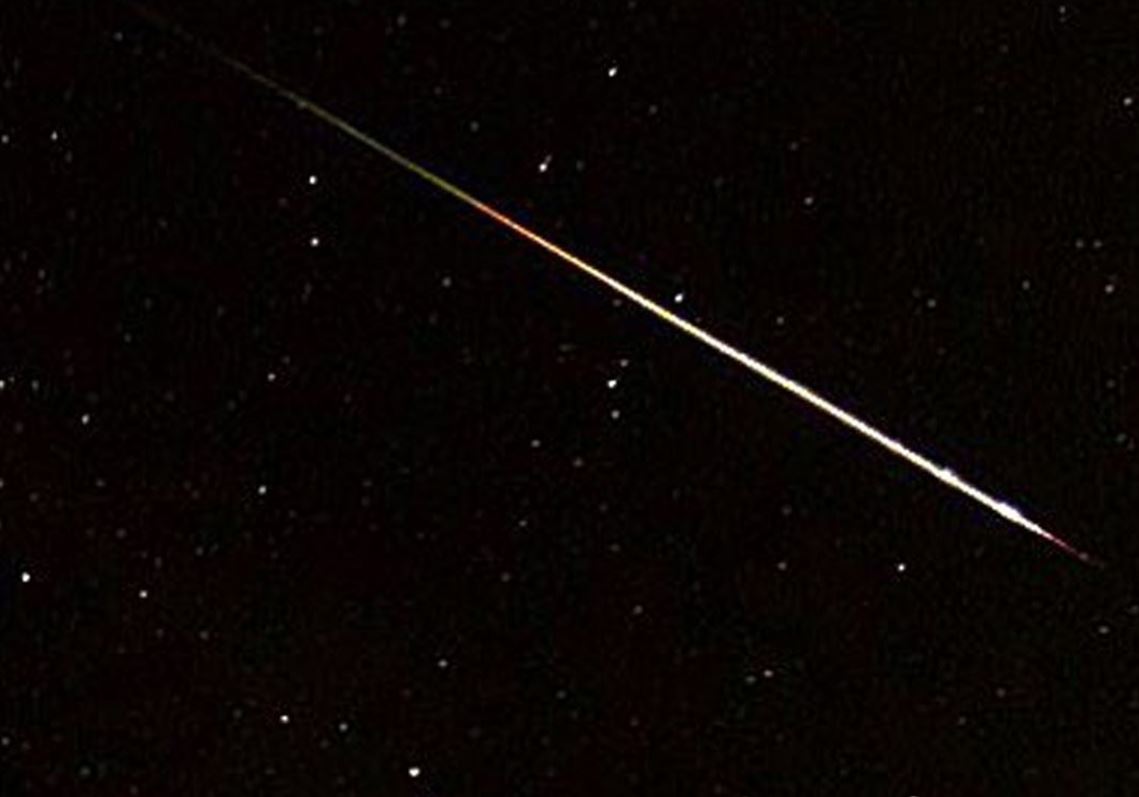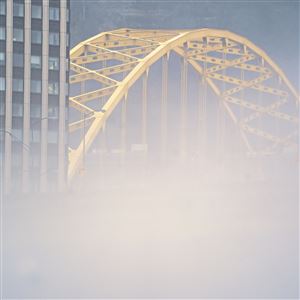David Crandall and his wife heard a boom, followed by shock waves that rattled the windows of their Moon home on Saturday morning.
In Dormont, Heather Lin Ishler didn’t hear anything, but there was a definite shake that occurred at the same time.
“I was laying on the bed and it shook, and my boyfriend on the couch felt a shake, as did our neighbors,” Ms. Ishler said.
The boom that rattled homes and racked nerves across the southern part of the Pittsburgh region — and beyond — on the morning of New Year’s Day was most likely an exploding meteor, according to the National Weather Service’s office in Moon.
“It’s really a mystery to us and to everybody,” said Jenna Lake, a meteorologist at the weather service. “Despite us being called meteorologists, we don’t know anything about meteors. Our science is weather.”
The terms meteor — a space particle that lights up when it enters the Earth’s atmosphere — and meteorology are rooted in Greek for “up in the sky.”
Satellite images taken by the weather service’s Geostationary Lightning Mapper at 11:20 a.m. Saturday show signs of lightning over Washington County that does not appear to be connected to any actual lightning activity that occurred in that area on that day and time.
But reports from folks who heard a boom or felt trembles — whether it was an explosion, or the sonic boom of something traveling so fast into the atmosphere — came from all over southwestern Pennsylvania and even parts of Ohio and West Virginia, according to comments posted this weekend on the Facebook account of the local National Weather Service.
“We heard this in Wintersville, Ohio, as well,” said Brandon Delaney, whose community sits just west of Steubenville. “Rather odd sound, but didn’t hear any sirens afterward, so we didn’t think much else of it.”
Tom Reiland, a retired senior astronomer at Allegheny Observatory, said to hear a sonic boom of that magnitude, a large meteor or very small asteroid would have to be in the Earth’s atmosphere moving faster than the speed of sound — about 760 mph.
“That happens occasionally,” Mr. Reiland said. “I don’t recall ever hearing it myself. But I’ve seen some very bright meteors that can actually light up the ground. Of course, we couldn’t see that one because of the cloud cover [that day].”
It’s worth noting that some meteorites can hit the atmosphere at speeds as high as 44 miles a second, according to NASA.
Ms. Lake, at the Pittsburgh weather station, said meteorologists sometimes get to witness meteorites pass across the sky. She has seen that herself.
“It was really lit up because it was on fire,” she recalled.
She said that if the weekend booming sound was indeed caused by a meteor, the most residue anyone would find from the explosion would be little bits of rock, if anything at all.
“It may have burned so quick and fast, there’s nothing left,” Ms. Lake said.
Tim Grant: tgrant@post-gazette.com or 412-263-1591
First Published: January 2, 2022, 9:42 p.m.

















